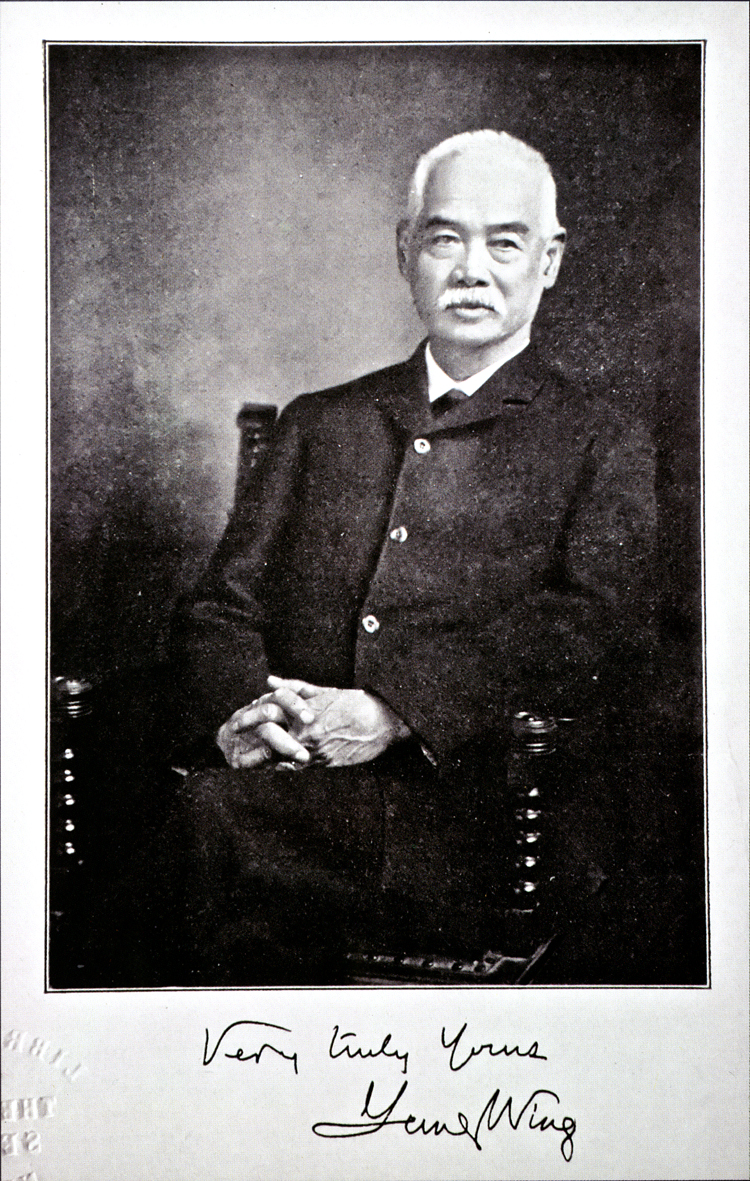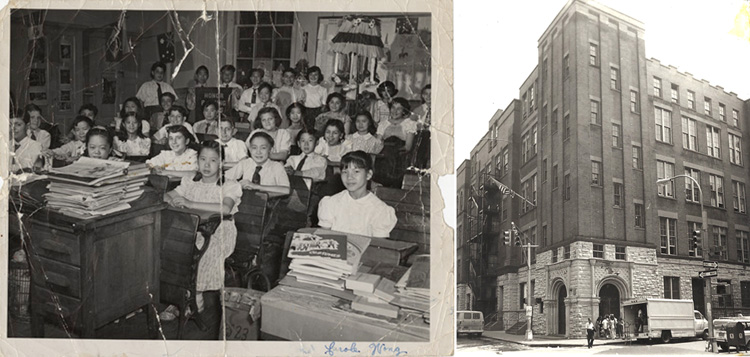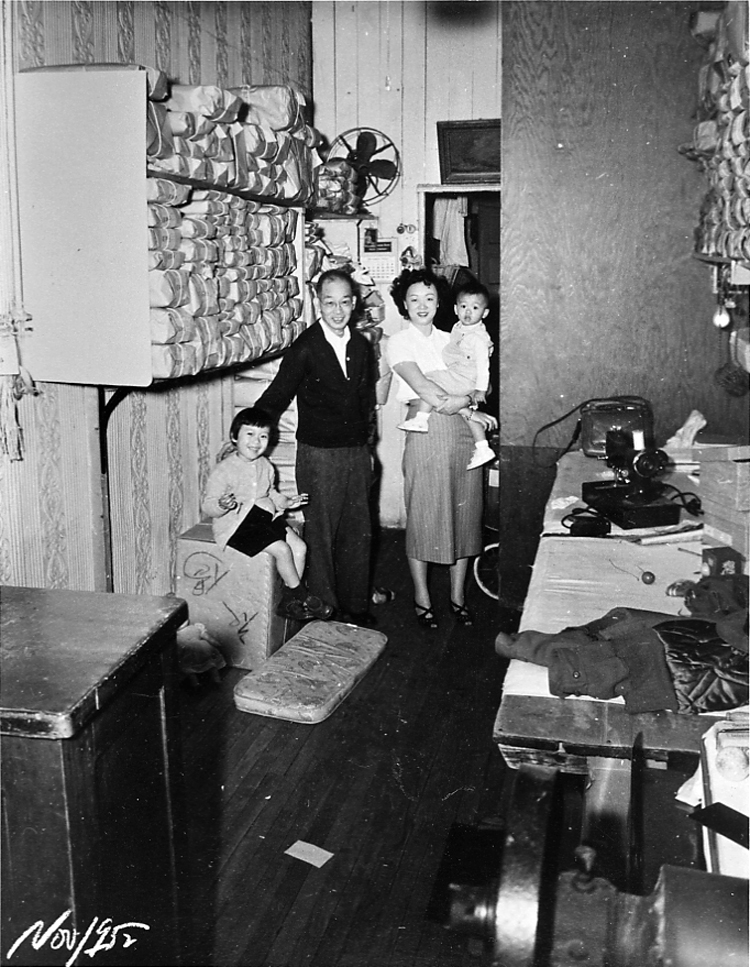容闳(1828-1912)是第一位从北美大学毕业的中国学生。1854年从耶鲁大学毕业后,容闳深受中国的政治、经济和社会停滞问题的困扰。因此,受自己教育的影响,容闳说服清朝政府,西方的科学和军事技术教育可以大大促进中国的发展。1872年,容闳组织中国教育代表团,派遣120名青年学生赴新英格兰学习,历时8年。四年后,他与美国人玛丽·凯洛格结婚,并育有两个孩子。但是他的使命受到两方面的夹击:美国赞助人以种族为由拒绝了该项目向军事和海军院校的申请,而他的中国上级本来就对美国化持怀疑态度,在容闳的军事教育承诺失败以后,他们就终止了该项目。容闳强烈支持中国的改革,这给他带来了巨大的政治风险。在逃往香港后,容闳试图返回美国,但在1902年,他被告知由于1870年实施的《归化法案》,他的美国国籍已被撤销。容闳偷偷潜入美国,及时见证了他的小儿子从耶鲁大学毕业。在那里,容闳仍然活跃在中国革命高层政治活动中,甚至在1911年一度被孙中山邀约,帮助建立新的中华民国。尽管容闳未能完成将西方教育带入中国的使命,但他在美国留下了中国教育的遗产:容闳从自己的藏书中捐出了1万2千册给耶鲁大学,这成为了耶鲁举世闻名的东亚图书馆的核心基础。
Collections馆藏Collections馆藏Collections馆藏Collections馆藏Collections馆藏Collections馆藏Collections馆藏Collections馆藏Collections馆藏Collections馆藏Collections馆藏Collections馆藏Collections馆藏Collections馆藏Collections馆藏Collections馆藏Collections馆藏Collections馆藏Collections馆藏Collections馆藏Collections馆藏Collections馆藏Collections馆藏Collections馆藏Collections馆藏Collections馆藏Collections馆藏Collections馆藏Collections馆藏Collections馆藏Collections馆藏Collections馆藏Collections馆藏Collections馆藏Collections馆藏Collections馆藏Collections馆藏Collections馆藏Collections馆藏Collections馆藏Collections馆藏Collections馆藏Collections馆藏Collections馆藏Collections馆藏Collections馆藏Collections馆藏Collections馆藏Collections馆藏Collections馆藏Collections馆藏Collections馆藏Collections馆藏Collections馆藏Collections馆藏Collections馆藏Collections馆藏Collections馆藏Collections馆藏Collections馆藏Collections馆藏Collections馆藏Collections馆藏Collections馆藏
容闳

11 June 2019 Posted.
10 Episode TV Documentary Series Yung Wing, Courtesy of Zhuhai Television, Museum of Chinese in America(MOCA) Collection.
十集大型历史纪录片《容闳》,珠海电视台捐赠,美国华人博物馆(MOCA)馆藏

